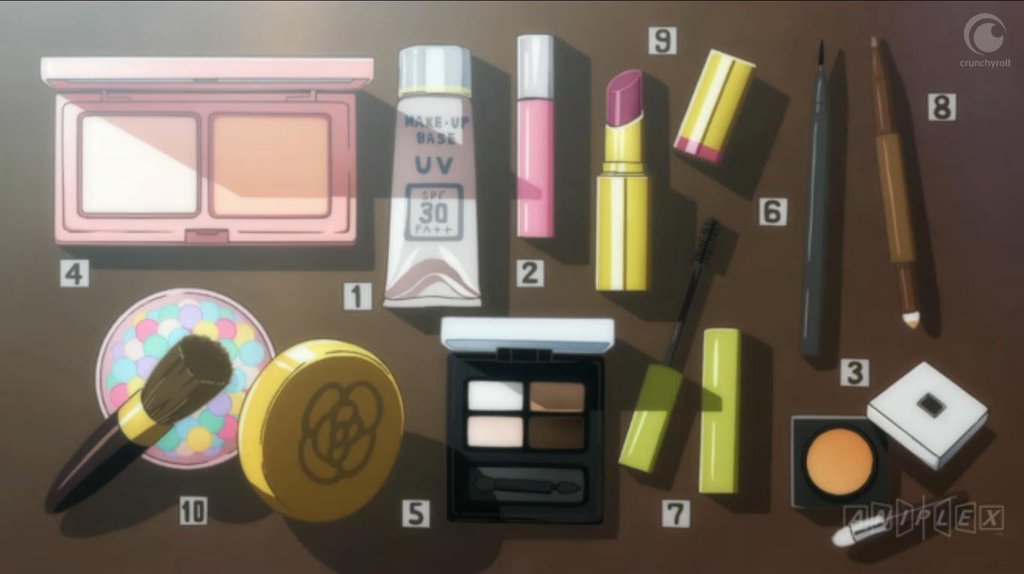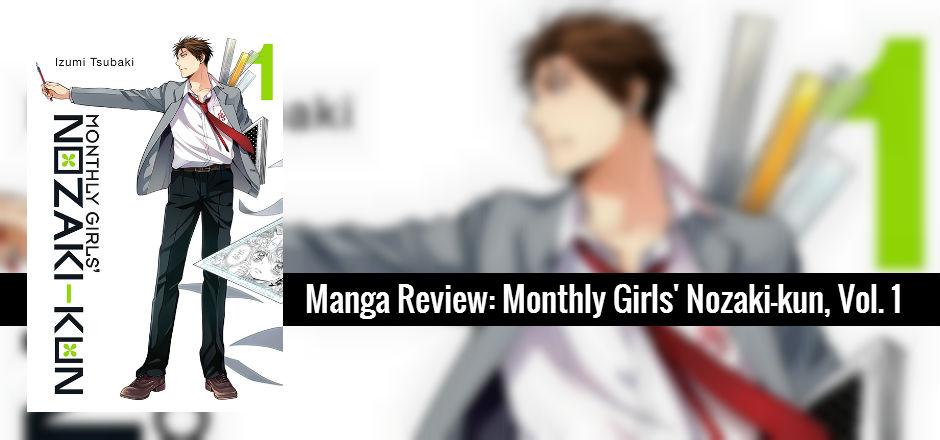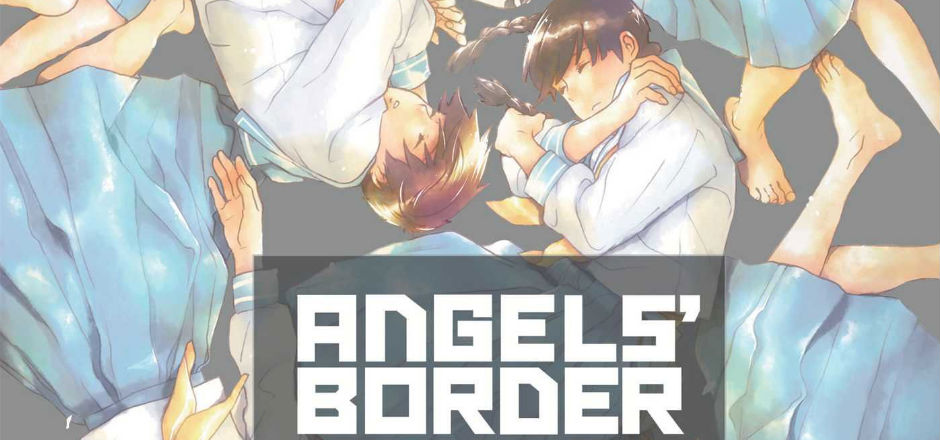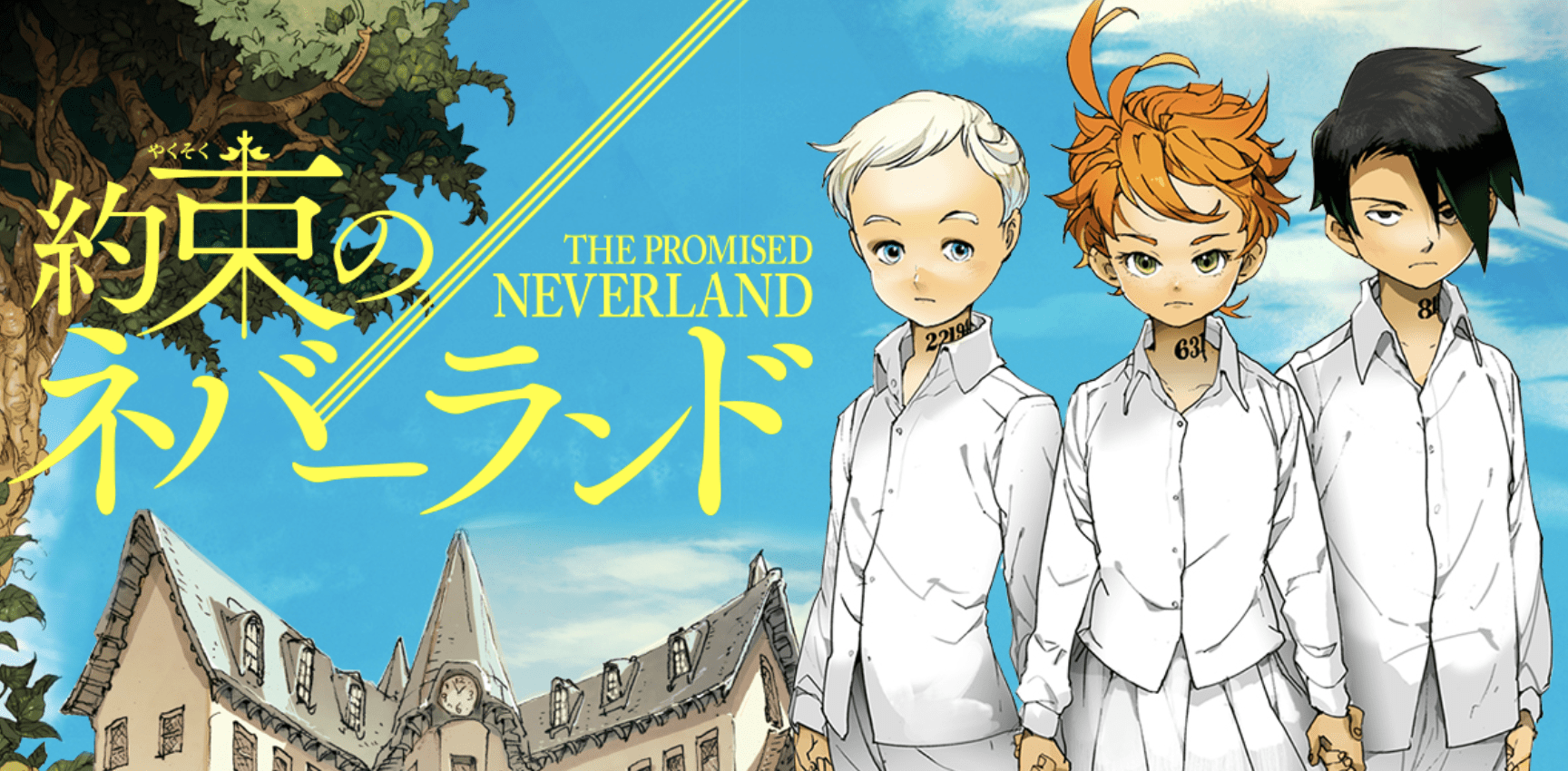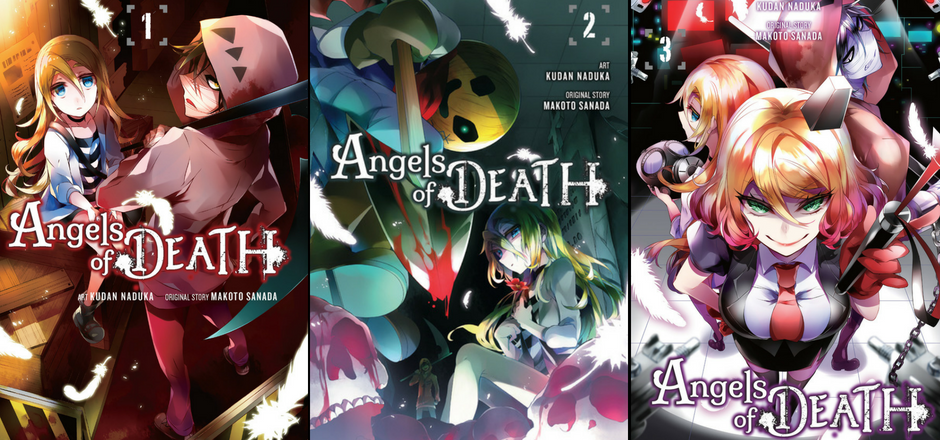When I realized that this month’s theme was about womanhood, I got to thinking about the representation of women in anime. If you conduct a simple search on the internet for “women in anime,” you’ll quickly come across a slew of articles, analyses, and discussions on the topic. Undoubtedly, it is an important discussion to have, and it makes me so glad when I see other women talking about these matters. Women’s issues and the portrayal of women in anime are on my mind constantly when I watch a new anime shows or movies.
Sometimes, it feels like there’s a lack of well-rounded and thoughtful representations of women in anime. The list of character tropes in anime can be especially overwhelming, and I often find myself uninterested in a new show, even by the first episode, if there are too many stereotypical characters. There are also more younger characters in anime than there are adults, which is understandable, since many shows are created with children and young adults as the intended audience. But as an adult watching anime, I sometimes find it difficult to relate to middle school and high school characters.
Realistic portrayals of characters can be difficult in any type of media, and sometimes the bad depictions seem to overshadow the good. But there are actually many positive portrayals of women in anime. I’ve written a little bit, on Women Write About Comics, about how characters like Motoko Kusanagi in Ghost in the Shell are important to me, because they are that “strong female character.” Kusangai sits among some of my other favorite fictional uniformed women. She, along with an array of other female characters—like Faye Valentine in Cowboy Bebop and Revy in Black Lagoon, to name only a few—could easily end up on my list of most influential women role models in anime. But Kusanagi’s also a cyborg, Faye lives in space, and Revy is a pirate. Many of the experiences these characters have had, that have shaped their personalities, are experiences that women in the modern world will never encounter.
So today, I’m going to talk about my top three women characters in anime who for me represent three of the best role models that I can relate to and who represent what it means to be a woman in the world today. These types of characters are more difficult to find, and I can understand why. For me, watching anime is about delving into an imaginary world, a world I will never experience. But sometimes, I really crave women characters who I can relate to, women who could easily exist in this world, and who deal with some of the same choices I have to make every day.
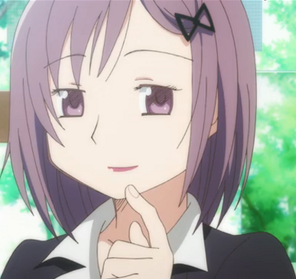 The first woman on my list is, hands down, Junko Kaname from Puella Magi Madoka Magica. I absolutely love Junko’s character. She’s confident, intelligent, but also a human being with flaws. The anime starts in episode one showing Junko and her daughter, the title character, Madoka getting ready for their day. For me, there’s something revealing about showing in an anime, or telling in a story, how a character gets ready. It’s an intimate scene that can reveal a lot about a person and always reminds me of the opening scene in the film The Royal Tenenbaums.
The first woman on my list is, hands down, Junko Kaname from Puella Magi Madoka Magica. I absolutely love Junko’s character. She’s confident, intelligent, but also a human being with flaws. The anime starts in episode one showing Junko and her daughter, the title character, Madoka getting ready for their day. For me, there’s something revealing about showing in an anime, or telling in a story, how a character gets ready. It’s an intimate scene that can reveal a lot about a person and always reminds me of the opening scene in the film The Royal Tenenbaums.
Anyway, it’s a great way to open the anime. Junko gives her daughter advice about what kind of ribbon she should wear in her hair, about dealing with her friends, and about how to be confident in herself whilst getting reading. The next scene is also very cute, showing the Kaname family as they eat their breakfast and how Junko high-fives Madoka on her way out to work.
The Kaname family is different from many families in anime in that Junko is a working mother, while Tomohisa, Madoka’s father, is a stay-at-home dad. I love the dynamic between Junko and Tomohisa; they are definitely in love and work hard to support one another’s endeavors.
One of my most favorite scenes, however, is in episode six, when Junko is up late drinking some whiskey when Madoka comes downstairs because she can’t sleep. Sitting at the kitchen table in a robe and with her hair wrapped in a towel, Junko proceeds to talk to Madoka about the problems Madoka’s having with one of her friends, Sayaka, and being young is the best time in their life to make mistakes and learn from them. Overall, Junko is an excellent role model. She’s clearly been through a lot in life and has found her confidence and true-self in her family, her work, and in the inner-peace she seems to emulate.
[blocktext align=”center”]”Being an adult is hard for everybody. That’s what alcohol is for.”
— Junko Kaname, Puella Magic Madoka Magica, Episode 6[/blocktext]
Puella Magi Madoka Magica is available to watch on Crunchyroll and Hulu.
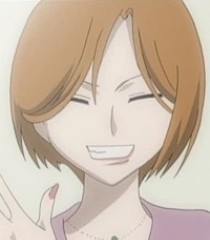 The next woman on my list is Kyoko Honda from Fruits Basket. Kyoko never really appears in the Fruits Basket anime series. She passed away after getting hit by car, and the show centers on her daughter, Tohru, and how she deals with the loss. So most of the time, she’s depicted in very brief flashbacks or memories that Tohru has, or she’s shown in a photograph that Tohru keeps with her. If you read the manga series, which I highly recommend, you get to learn a lot more of her backstory.
The next woman on my list is Kyoko Honda from Fruits Basket. Kyoko never really appears in the Fruits Basket anime series. She passed away after getting hit by car, and the show centers on her daughter, Tohru, and how she deals with the loss. So most of the time, she’s depicted in very brief flashbacks or memories that Tohru has, or she’s shown in a photograph that Tohru keeps with her. If you read the manga series, which I highly recommend, you get to learn a lot more of her backstory.
When she was in high school, she was a leader of a gang and rode a motorcycle. Her nickname was “Red Butterfly,” and she used to dye her hair red. Before she met Tohru’s dad, Katsuya, she was quick to anger and violence. She was brought up in an unloving household, so it’s understandable why she might act the way she did, rebelling and lashing out at everyone. All she really wanted in life was a loving, nurturing relationship. She found that with Katsuya, but when he dies when Tohru is only a toddler, Kyoko finds herself wracked with grief.
In the end, however, Kyoko is strong, and she quickly realizes that she needs to be brave for Tohru. I think this is what I most admire about Kyoko. I know that if I were in her position, I would be devastated. She could have easily slipped away into depression due to her husband’s death, but instead, she works hard as a single mother and raises Tohru the best she can.
[blocktext align=”center”]”Just be yourself, you’ll be fine.”
— Kyoko Honda, Fruits Basket, Episode 10[/blocktext]
Fruits Basket is available to watch on Funimation and Hulu.
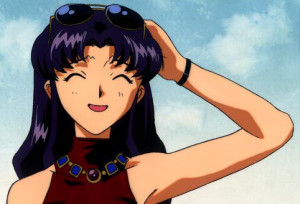 So, technically, my last pick sort of breaks my rules regarding “realistic women in realistic settings,” since the setting of this next anime includes mechs and angels and lots of psychedelic scenes. But I had to include her on my list of women role models in anime: Misato Katsuragi from Neon Genesis Evangelion is one of my favorite portrayals of a true-to-life woman in anime.
So, technically, my last pick sort of breaks my rules regarding “realistic women in realistic settings,” since the setting of this next anime includes mechs and angels and lots of psychedelic scenes. But I had to include her on my list of women role models in anime: Misato Katsuragi from Neon Genesis Evangelion is one of my favorite portrayals of a true-to-life woman in anime.
Misato is a Major at the organization called NERV, and while the setting is fantastical, her duties as field commander and in bureaucratic operations could potentially be real. Her job feels realistic as you watch her go about her day, being highly professional as she interacts with her coworkers, especially with her friend Ritsuko Akagi. They have lunch together or go out for a drink and talk about the trials and tribulations of working for NERV, and there’s just something about their demeanor that feels real. She’s got it together at work and is confident even in the face of danger and death.
At the same time, Misato has another side. Outside of work, she drinks and smokes and lives an overall carefree bachelorette lifestyle. Her on-again-off-again relationship with her ex-college boyfriend Ryoji Kaji is fraught with emotional baggage. And, in order to deal with the tragedy she experienced when she was young, particularly the death of her father during the so-called Second Impact, she tries to keep people at arms-length so that she won’t get hurt again. Her sadness and anger are true and understandable bi-products of her past, but her confidence and strength are also important and realistic aspects of her personality.
[blocktext align=”center”]”God knows I’m not perfect, either. I’ve made tons of stupid mistakes, and later I regretted them… But even so, every time I learned something about myself.”
— Misato Katsuragi, Neon Genesis Evangelion: The End of Evangelion[/blocktext]
Neon Genesis Evangelion is available to watch on Funimation.
—
Rine Karr is an Anime Writer at Girls in Capes. She’s a writer and aspiring novelist by moonlight and a copyeditor by daylight. Rine loves good food, travel, and lots of fiction, especially novels, anime, manga, video games, and films. She’s also the Chief Copyeditor and an occasional contributor at Women Write About Comics.
